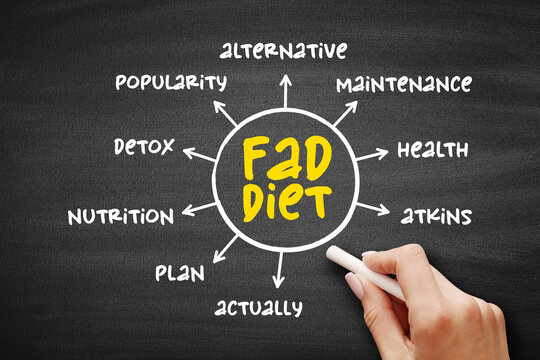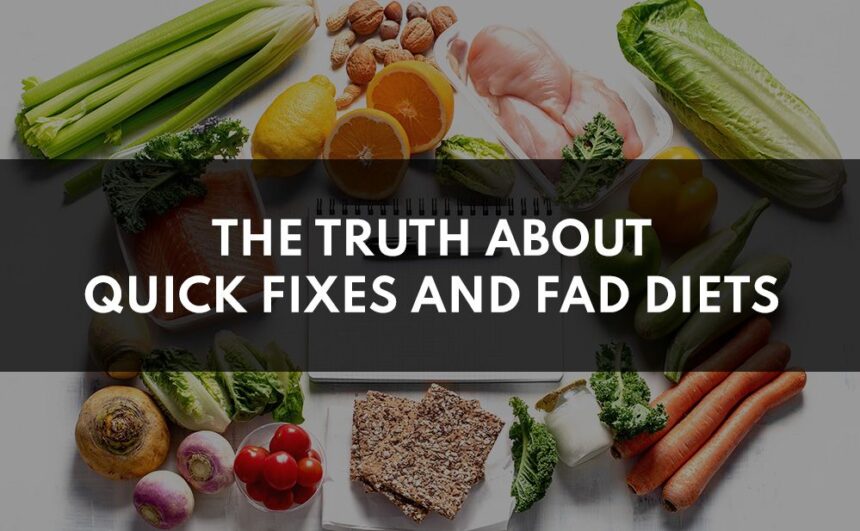
It seems everywhere you look these days Instagram reels, wellness blogs, late‑night infomercials someone is promising a quick fix through the latest fad diet. But as 2025 settles in, science and health experts are becoming clearer: many of these diets may promise fast results, but they often fall apart under scrutiny. What does actually work? And what are myths we need to stop buying into? Here’s a guide that tries to tell it straight.
What’s Going On
A recent worldwide survey of over 1,000 physicians and advanced practice providers found that about 90% of them are deeply concerned about how many fad diets are propagated via social media. What’s more, only about 30‑32% said they’d had strong nutrition education in medical school. The gap between public enthusiasm for diets and scientific consensus is getting harder to ignore.
In parallel, U.S. News & World Report released its 2025 Best Diets ratings. Of 38 diets evaluated across 21 lifestyle and health categories, the Mediterranean diet again came out on top. Close behind were the DASH, Flexitarian, and MIND diets eating patterns praised not for rigid rules, but for their flexibility and their health profile.
What’s Myth vs. What’s Real
Below are some of the most common diet myths that keep reappearing and what the research has shown instead.
Myth: Carbs always pack on the pounds.You always hear that low-carb diets are the way to drop weight fast.
Truth: Carbs aren’t your foe. Good carbs, full of fiber, make you feel full and help your gut and metabolism. Studies show that diets that are balanced often do just as good of a job as those low-carb plans.
Myth: It’s better to just cut out entire food groups.
Some diets get you to cut out grains, milk, or beans to eat clean.
Truth: If you ditch whole food groups, you might not get all the vitamins you need. If there’s no medical reason to avoid them, you might end up lacking certain things.
Myth: Losing weight fast means you’ve won
A lot of diets pat you on the back for losing weight quickly.
Truth: When you lose weight fast, it’s usually water or muscle, not fat. To keep the weight off, you have to change how you live.
Myth: The more protein, the better.
You’re told you need tons of protein to be healthy and lose weight.
Truth:The type of protein and portion size matters. Eating too much protein can harm your body and keep you from getting other good stuff.
Myth: Just skip meals to lose weight.
Not eating for a certain amount of time is the in-thing now.
Truth: It might work for folks, but missing meals can make you feel tired, cranky, and pig out later. It’s not for everyone.
Final Thoughts
Fad diets will always be alluring. They promise structure and quick wins. But what stays with us is what works forever not just for a few weeks. The real path, according to the latest evidence, lies in balanced eating, consistency over perfection, and flexibility over extremes. Food should be a source of nourishment, culture, and joy not just a seasonal sprint.









